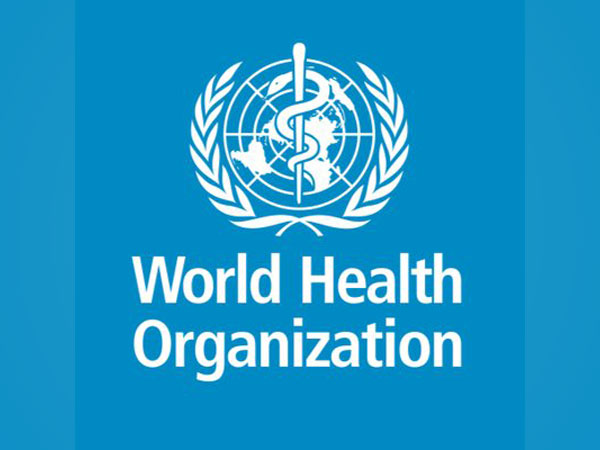
WHO's Member States to complete negotiations on a global pandemic agreement within a year
Jun 02, 2024
Geneva [Switzerland], June 2: In an historic development, the World Health Assembly, the annual meeting of its 194 member countries, today agreed a package of critical amendments to the International Health Regulations (2005) (IHR), and made concrete commitments to completing negotiations on a global pandemic agreement within a year, at the latest. These critical actions have been taken in order to ensure comprehensive, robust systems are in place in all countries to protect the health and safety of all people everywhere from the risk of future outbreaks and pandemics.
These decisions represent two important steps by countries, taken in tandem with one another on the final day of the Seventy-seventh World Health Assembly, to build on lessons learned from several global health emergencies, including the COVID-19 pandemic. The package of amendments to the Regulations will strengthen global preparedness, surveillance and responses to public health emergencies, including pandemics.
Countries agreed to continue negotiating the proposed Pandemic Agreement to improve international coordination, collaboration and equity to prevent, prepare for and respond to future pandemics.
WHO's Member States decided to extend the mandate of the Intergovernmental Negotiating Body, established in December 2021, to finish its work to negotiate a Pandemic Agreement within a year, by the World Health Assembly in 2025, or earlier if possible at a special session of the Health Assembly in 2024.
"There was a clear consensus amongst all Member States on the need for a further instrument to help the world better fight a full-blown pandemic," said Ms Precious Matsoso of South Africa, Co-Chair of both the Pandemic Accord Intergovernmental Negotiating Body (INB) and the Drafting Group on the INB and IHR agenda items at the WHA.
The historic decisions taken today demonstrate a common desire by Member States to protect their own people, and the world's, from the shared risk of public health emergencies and future pandemics," said Dr Tedros Adhanom Ghebreyesus, WHO Director-General. "The amendments to the International
Health Regulations will bolster countries' ability to detect and respond to future outbreaks and pandemics by strengthening their own national capacities, and coordination between fellow States, on disease surveillance, information sharing and response. This is built on commitment to equity, an understanding that health threats do not recognize national borders, and that preparedness is a collective endeavor."
Dr Tedros added: The decision to conclude the Pandemic Agreement within the next year demonstrates how strongly and urgently countries want it, because the next pandemic is a matter of when, not if. Today's strengthening of the IHR provides powerful momentum to complete the Pandemic Agreement, which, once finalized, can help to prevent a repeat of the devastation to health, societies and economies caused by COVID-19.
Source: Emirates News Agency









